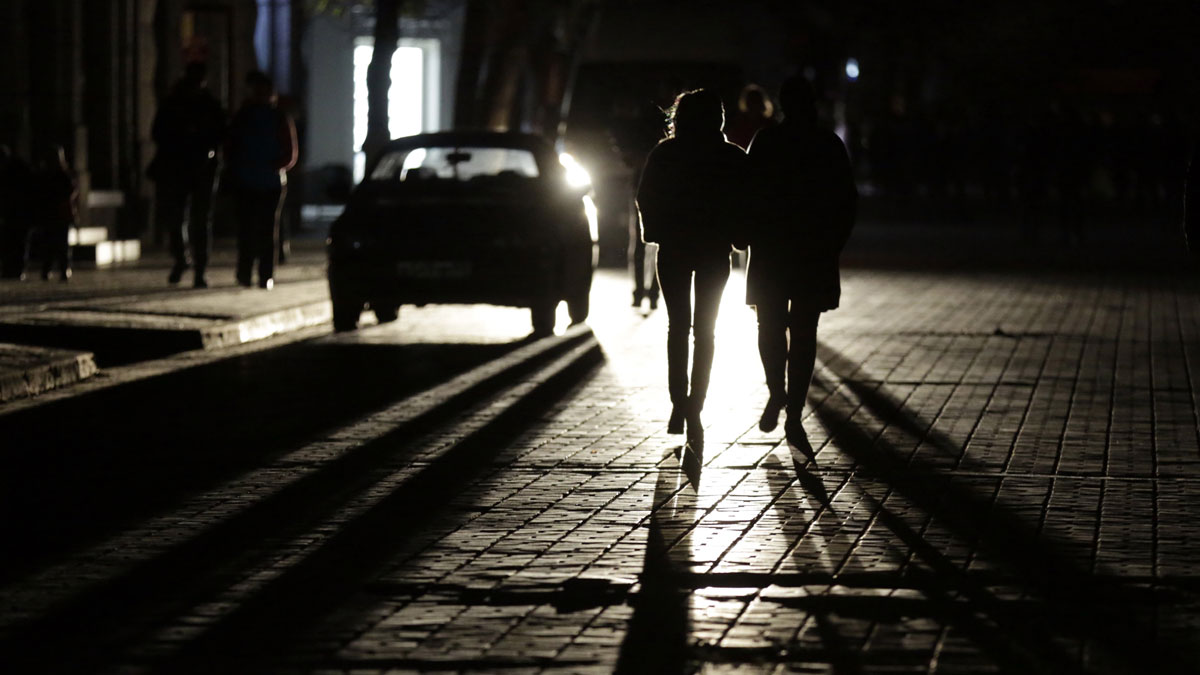Crimea plunged into darkness after electricity towers blown up
State of emergency declared in Russian-controlled territory after power supplies from Ukraine are cut off

A free daily email with the biggest news stories of the day – and the best features from TheWeek.com
You are now subscribed
Your newsletter sign-up was successful
Russian authorities have declared a state of emergency in Crimea after several electricity pylons carrying power from Ukraine were blown up at the weekend.
"All of Crimea has been switched off," said Viktor Plakida, head of the electricity company Krymenergo. Roughly 1.6 million people have been left without power in the region, which was annexed last year by Moscow during an armed intervention.
It is unclear who was responsible for the outage, but Crimean Prime Minister Sergei Aksyonov called it an "act of terrorism" and implied Ukrainian nationalists were to blame, according to Reuters.
The Week
Escape your echo chamber. Get the facts behind the news, plus analysis from multiple perspectives.

Sign up for The Week's Free Newsletters
From our morning news briefing to a weekly Good News Newsletter, get the best of The Week delivered directly to your inbox.
From our morning news briefing to a weekly Good News Newsletter, get the best of The Week delivered directly to your inbox.
Ukraine's state energy company Ukrenergo says the nature of the damage shows that it took place as a result of "shelling or the use of explosive devices".
The company would be able to fix one of the four pylons within a day, but only if workers were given "unhindered and safe access" to the sites, Ukraine's energy minister told the Financial Times.
Technicians sent to repair the damage on Friday night said they had encountered anti-Russian activists attempting to block access to the site. But the group – known as the Civil Blockade of Crimea and made up largely of ethnic Crimean Tatars – has denied all responsibility.
The outages are a clear reminder of the peninsula's continued economic reliance on Ukraine. Crimea is only able to produce 30 per cent of its own energy, relying on Kiev to deliver the rest.
A free daily email with the biggest news stories of the day – and the best features from TheWeek.com
"The attacks threaten to complicate still-volatile relations between Moscow and Kiev after 18 months of on-off conflict over territory in the east of Ukraine," warns The Guardian.